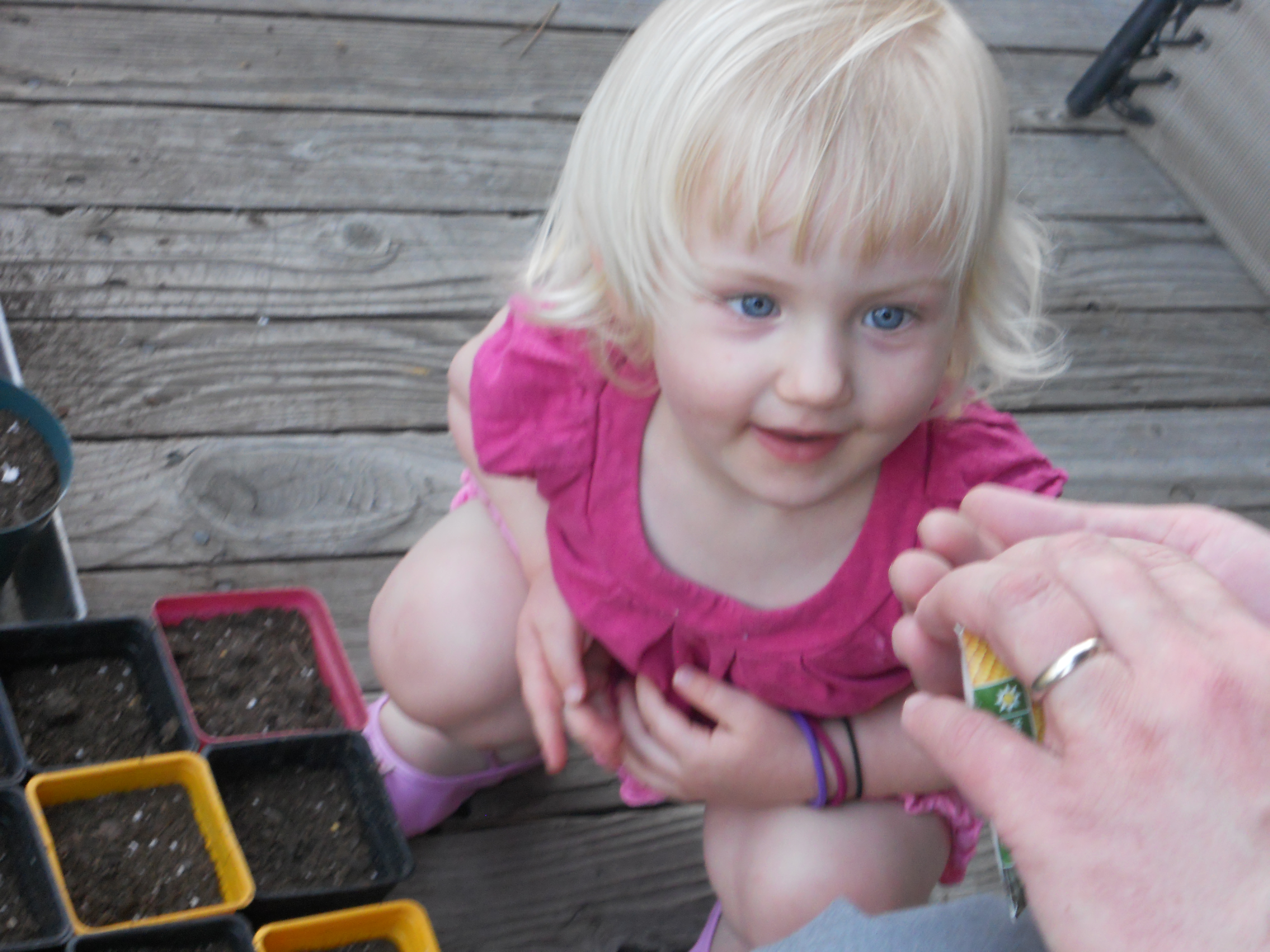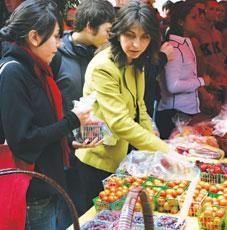It’s a familiar pattern: Consumers, in the face of food safety outbreaks, turn to whatever hucksterism is out there.
Market microbial food safety at retail to reduce the nonsense.
Emily Xu, a young mother who runs a children’s reading and writing studio in Shanghai, says food safety is a big concern for her and many of her friends, particularly since their children were born. “The more you learn about [food safety scandals] the more upset you will be. Sometimes you just feel helpless because you can’t change the air or you can’t change the soil, you can’t change the way farmers do the farming. And it seems the government can’t do anything to help. More and more, I have friends who choose to emigrate.”
Many urban residents seek out alternative food sources. Organic food and imported products have risen in popularity and are considered a safer option than the traditional “wet” markets where fresh vegetables, meat and fish are sold. In cities such as Beijing and Shanghai, the number of specialist and boutique food shops selling organic food is growing, especially among the Chinese middle class and expatriate community who have disposable income and are willing to pay a premium for good-quality, safe food.
Many city residents are buying directly from farmers they trust who grow vegetables without pesticides. Community-supported farms have become increasingly popular, says Wang, along with farmers’ markets. A small group of consumers has also begun to grow food themselves, sometimes renting land on the outskirts of the cities.
However, all of these options are relatively expensive and not open to most average-income families. Those who can’t afford the premium price of organic or imported food “basically have not much choice”, says Wang. She believes access to safe food should not be dependent on income. “Everyone has the right to safe food, it’s a joint responsibility of companies, the government and consumers ourselves to make this happen by altering chemical-intensive agriculture to a more ecological and sustainable way of growing food.”


.jpg) It’s also bad for business to make customers barf.
It’s also bad for business to make customers barf.
 risks (see the 2009 video, below).
risks (see the 2009 video, below). The government building has no toilet paper or soap. She and her crew bring those supplies every day now, and every day they are stolen. This weekend she is going to buy more toilet paper, hand sanitizer and liquid soap to fill the soap dispensers because she thinks liquid soap will be more difficult to steal. Poop is not good for you, even if it is your own.
The government building has no toilet paper or soap. She and her crew bring those supplies every day now, and every day they are stolen. This weekend she is going to buy more toilet paper, hand sanitizer and liquid soap to fill the soap dispensers because she thinks liquid soap will be more difficult to steal. Poop is not good for you, even if it is your own..jpg) The University of Southern California held its first market in February 2008, the result of meetings between students and university officials that began in fall 2007.
The University of Southern California held its first market in February 2008, the result of meetings between students and university officials that began in fall 2007. The author of the blog,
The author of the blog,